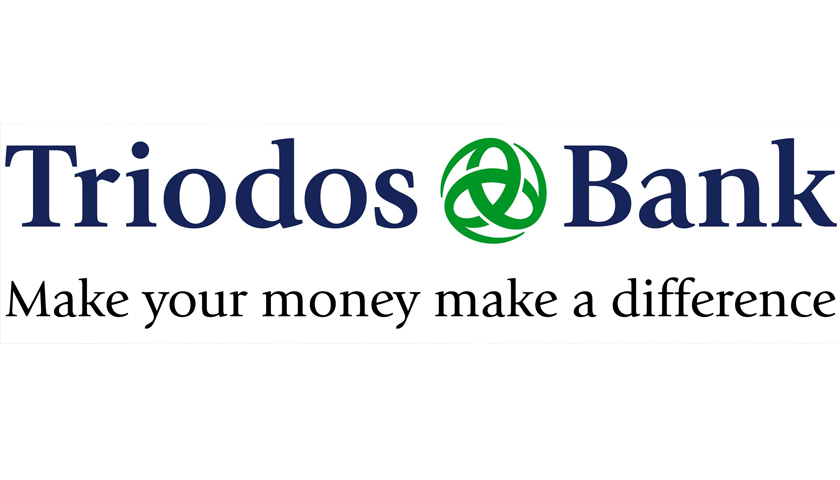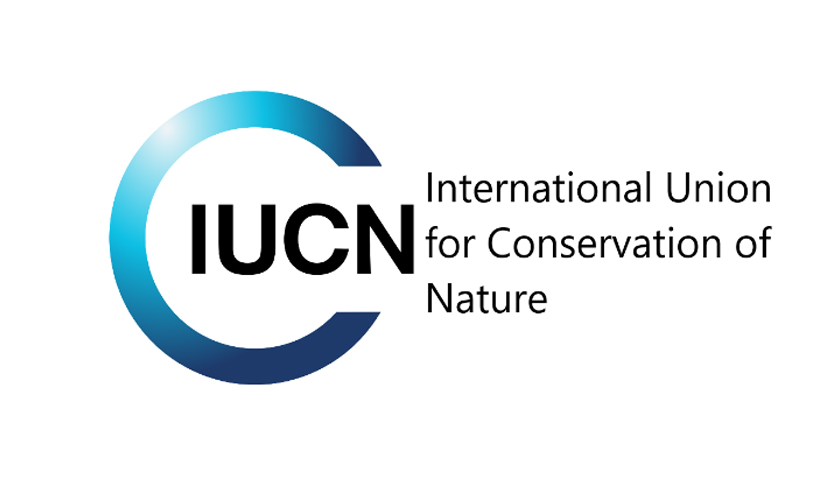Rewilding charity Heal has acquired its first landholding with the help of a £3.75 million loan from Triodos Bank UK. It will create a new nature reserve with the 460 acres near Bruton in Somerset – the first in a series of nature reserves it plans to establish in every English county. The lending marks Triodos Bank’s first loan to a rewilding project and is believed to be the first commercial loan of its kind in the UK.
Heal Somerset will tackle the nature and climate crises while creating new jobs and work for local tradespeople and businesses. The project will be co-designed and delivered with input from the local community, with initial ideas including areas for food growing and nature learning for children, wildflower meadow creation and a community orchard.
Bevis Watts, Chief Executive of Triodos Bank UK,said: “As a sustainable bank, we have closely supported the organic, biodynamic and permaculture movements for decades. Now to further restore biodiversity and protect nature in the UK – and to address the climate and ecological emergencies – we must find further ways of financing nature preservation and restoration.
“As our first direct loan to a nature restoration project, we are excited to see how the project progresses and hope to be able to support similar initiatives nationwide that address climate change, adapt to its effects and promote biodiversity. This is going to be critical to meeting net zero goals and reversing nature’s decline, both of which are central to our mission to create positive impact with the money entrusted to us by Triodos customers.”
Heal launched at the start of the pandemic in Spring 2020 and, using Heal Somerset as a blueprint, has a goal to establish a major nature recovery site in all 48 English counties by 2050, covering almost 25,000 acres in total.
Heal plans to acquire land using affordable lending, which will be paid down as quickly as possible with mass public land sponsorship, corporate donations and natural capital investment. As well as support from Triodos Bank, this first project is also backed by a loan from Direct Line Group, plus a land fund Heal launched in March 2020, which includes both public and corporate donations and Heal’s unique ‘Heal 3×3’ land sponsorship scheme.
The charity will follow proven nature recovery approaches, using rare breed cattle, pigs and ponies in small numbers to help re-establish natural processes on the land. These animals will be ‘ecosystem engineers’ and not farmed produce.
Jan Stannard, Heal Rewilding co-founder and Chair of Trustees said: “Nature will only recover if it has more space to thrive and we join a growing number of landowners across the UK who are making that happen. The process of rewilding has already begun and though it will take many years for nature to recover, we expect to see positive changes immediately, first small and then more visible within a couple of years. The potential for nature to bounce back at Heal Somerset is huge and we want to show that together we can take fast, practical action to benefit nature, climate and people.”
Natural regeneration of trees, improved soil health and other plant growth will help fight climate change by capturing carbon. A mosaic of habitats – trees, scrub, grassland, bare earth and water – will ensure the greatest diversity of plant and animal species.
Heal expects early benefits of rewilding to include an increase in insect numbers, growth of plants including tree saplings, and a greater abundance and diversity of species. There will be public access across much of the land so people can see rewilding in action.
Triodos Bank has committed to an ambitiousAsOneToZero strategy to become net zero in 2035. Greenhouse gas emissions of all Triodos Bank’s loans and funds’ investments will be greatly reduced, using a science-based targets approach. The remaining emissions will be balanced or ‘inset’ by investing considerably in nature projects that remove greenhouse gases from the air.
In the UK, Triodos has also been working on developing new pilot investable business models connected to nature restoration, such as a Natural Flood Management (NFM) project that will invest £1.5m to reduce flood risk to communities in Lancashire.

